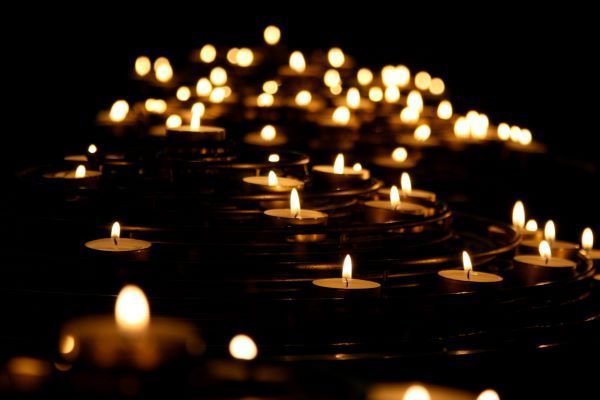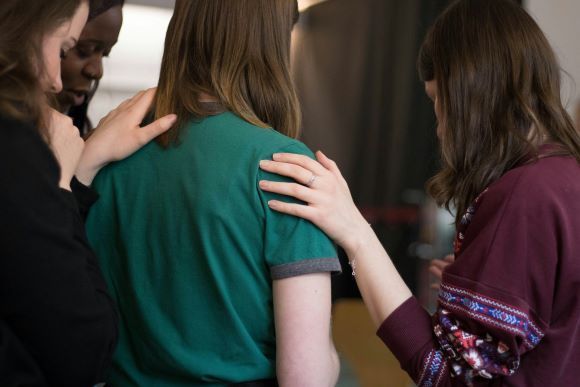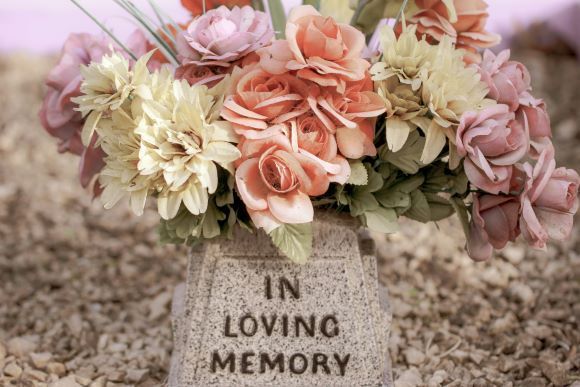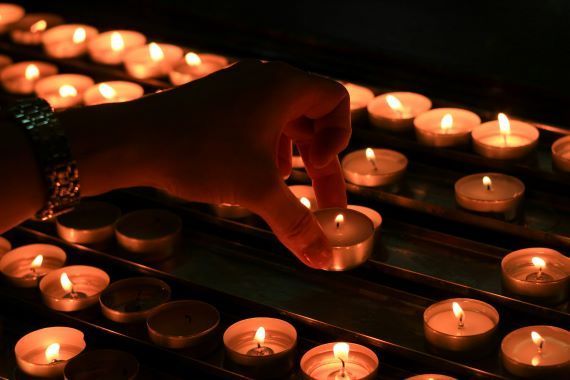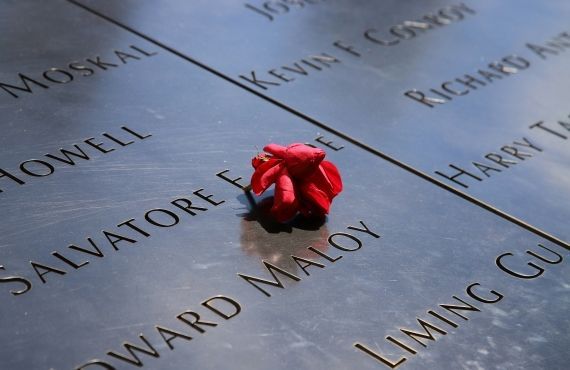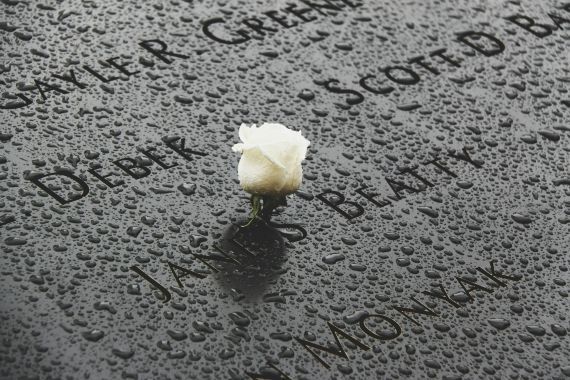163 Main St.
Pennsburg, PA 18073
Fax: 215-679-5782
Blog Layout
Debunking Prevalent Myths About Grief | Cremation
Falk Funeral Homes & Crematory Inc. • August 23, 2021
Myths about grief abound because many people never speak about death. It’s a taboo topic, yet almost everyone goes to at least one funeral or cremation service in their life. Click here for the truth.

Cremation services Pennsburg, PA, and grief are part of life. Grief is a natural response to a loss and it accompanies the strongest emotions when you lose a loved one. During the grief journey, you try to accept and adapt to the changed reality and return to normal life again.
Since it’s amongst the least discussed topics, there’re many myths surrounding the topic of grief. We will try to separate facts from fiction and dispel myths about how individuals experience and combat grief.
Grief Myth #1: Grief is Linear
The biggest misconception about grief is that every person experiences the same linear stages of grief (denial, anger, bargaining, depression, and guilt) and finally arrives at healing. That’s not true in most cases.
While everyone eventually makes peace with heart and overcomes pain and suffering, the reality is many people don’t share all these stages of grief. Every person grieves in a unique way which depends a lot on their personal affiliations with the deceased.
Some people won’t even go through any of the stages, others experience some of them or in an altogether different order.
Grief Myth #2: Staying Connected to Your Lost Loved One is Like Living in the Past
It’s often believed that keeping a long-lasting connection to the deceased may leave you overly focused on the past. It couldn’t be further from reality and let’s kick this misconception out of the park.
In fact, remembering the lost soul through several rituals, songs, and keepsakes is a great way to process the loss and eventually seek closure. Even modern psychology tells that staying connected to the deceased is very helpful in coping with grief and making the pain bearable.
Grief Myth #3: Time Will Naturally Heal Your Wounds
Probably the most common myth about grief is it automatically goes away with time. Time doesn’t, in it and of itself, heal all wounds until you’re actively engaging in activities that help you cope with grief, like:
- Connecting with friends and family
- Doing regular exercise and getting a full-night sleep
- Eating nutritious food
- Indulging in your favorite activities
- Accepting the loss and participating in grief rituals
Simply waiting for your grief to be in the past may not be enough.
For instance, when a person plunges into complicated grief, they often need the help
of therapists and family members to make headway on their feelings.
Myth #4: Grief and Mourning Are Same
Grief and mourning are slightly different. Grief is internalizing emotions associated with the loss of a loved one while mourning is the public display of your feelings. The mourning usually starts immediately after the loss and reaches its peak during the funeral service. It typically lasts from a few days to several weeks or months at most.
Grief, on the other hand, can range from a few weeks to several years to even your lifetime. How long a person grieves after cremation services
Pennsburg, PA, depends on the nature of the relationship between you and the lost loved one.
Share
Tweet
Share
Mail
Falk Funeral Homes & Crematory Inc.
163 Main St.
Pennsburg, PA 18073
Fax: 215-679-5782
Falk Funeral Homes & Crematory Inc.
1418 Main St
Hellertown, PA 18055
Fax: 610-838-7922

